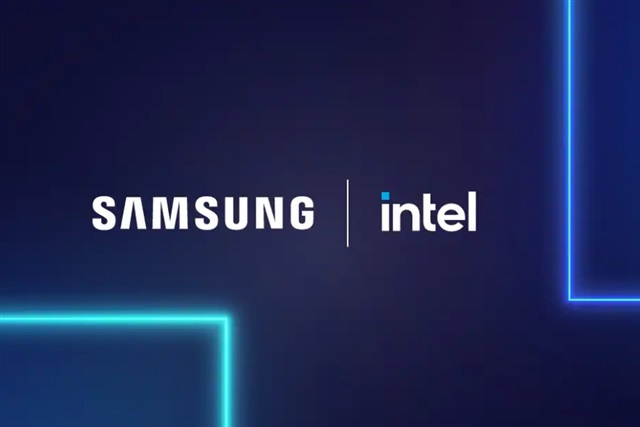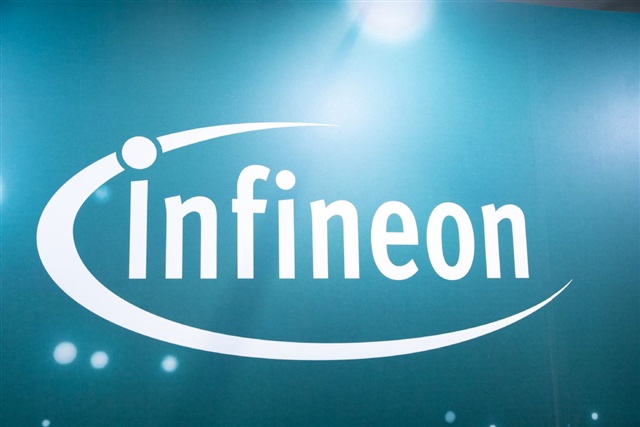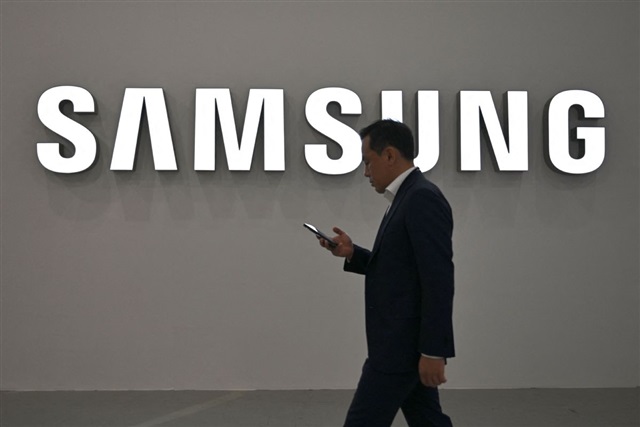China has overtaken Taiwan as as ASML’s biggest customer with China accounting for 46% of ASML’s sales in Q3 – up from 24% in Q2 – and Taiwan taking 24% of ASML’s Q3 sales compared to 34% in Q2.
“All in all, on the macro front it’s quite dynamic and quite challenging,” says ASML CFO Roger Dassen, “if you then specifically look into the semiconductor industry, I think it’s plain to say that our customers are really going through the cycle trough.”
Earlier this week the US announced further restrictions on the export of chip-making tools to China which, says ASML, will hit its sales. However it doesn’t expect the restrictions to have a material impact on its financial outlook for the year or in the longer term with 2024 revenues expected to be flat with 2023.
“We believe 2024 is going to be a pivotal year in preparing us for what we think will be very significant growth in 2025,” said Dassen.
Q4 revenue is forecast at €6.7-7.1 billion compared to Q3’s €6.7 billion.
Stay up to date with the latest in industry offers by subscribing us. Our newsletter is your key to receiving expert tips.

Samsung is reportedly evaluating a potential European semiconductor expansion alongside its South Korea and US manufacturing base, as the region tightens local production requirements and Germany seek

Given frequent price increases across precious metals, wafer foundry services, and packaging and testing, Infineon's announcement of price increases is very telling for the market. The company wil

Nvidia has recently signaled to Samsung Electronics that it hopes to secure early deliveries of sixth-generation high-bandwidth memory, known as HBM4. At the same time, as memory makers devote an incr